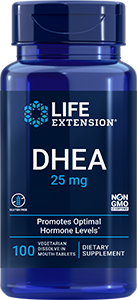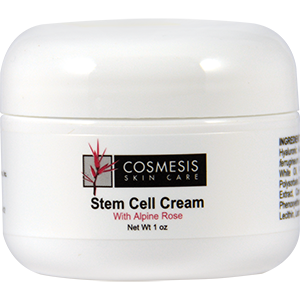- Science & Research
- Science News
- Newsletter
- 2013
- June 25

Newsletter
Newsletter
Increased Breast Cancer Risk Associated With Deficient Vitamin D Levels In Saudi Women
Increased breast cancer risk associated with deficient vitamin D levels in Saudi women
Tuesday, June 25, 2013. The July, 2013 issue of the American Journal of Clinical Nutrition published the finding of researchers from Saudi Arabia and the University of Arizona of a greater risk of breast cancer among women with deficient levels of serum vitamin D. Insufficient vitamin D levels are common in countries whose residents receive little sun exposure due to climate, clothing or other factors, or whose increased skin pigmentation reduces vitamin D production. Fatimah M. Yousef and her associates compared 120 Saudi women with invasive breast cancer with 120 age-matched controls. Dietary questionnaires completed by the participants provided information concerning vitamin D intake. Blood samples were analyzed for serum 25-hydroxyvitamin D levels. Dietary intake of vitamin D among the participants was low—a finding that was compounded by Saudi Arabia's lack of vitamin D food fortification. Average serum 25-hydroxyvitamin D levels were 9.4 nanograms per milliliter (ng/mL) among subjects with breast cancer in comparison with 15.4 ng/mL in the control group. While 38.3% of the control group had deficient vitamin D levels of less than 10 ng/mL, this percentage rose to 60.8% of the breast cancer group. When women whose vitamin D levels were less than 10 ng/mL were compared with those whose levels were greater than 20 ng/mL, the risk of breast cancer was more than six times higher. "The current study is among the first, to our knowledge, to evaluate the association between serum 25-hydroxyvitamin D and breast cancer in women residing in Saudi Arabia, an area of high UV sunlight exposure, but potentially low vitamin D status related to skin type and cultural practices of dress," the authors announce. "Efforts to more routinely assess vitamin D status and possibly provide supplementation to correct depletion in this at-risk group should be evaluated. The association between vitamin D and breast cancer risk clearly requires further investigation." |
||||||||||||||||
 |
||||||||||||||||
|
||||||||||||||||
|
||||||||||||||||
 |
||||||||||||||||
|
||||||||||||||||
|
||||||||||||||||
The latest news on aging, nutrition, and vitamins
Lab
Testing
How Life Extension lab testing works











